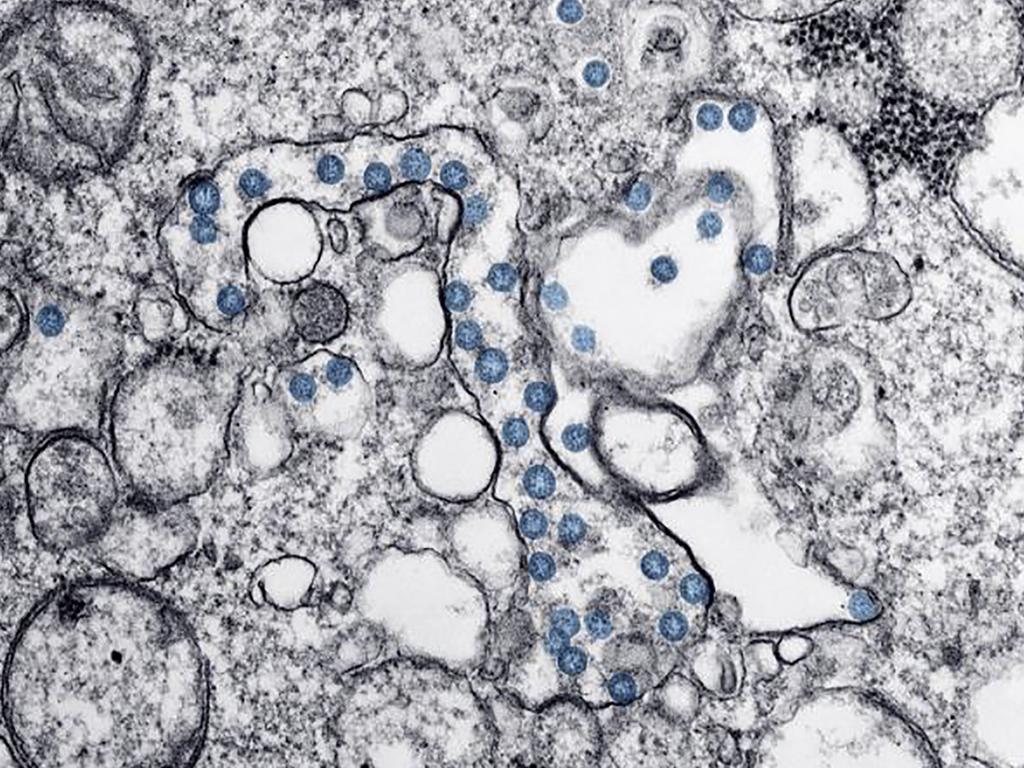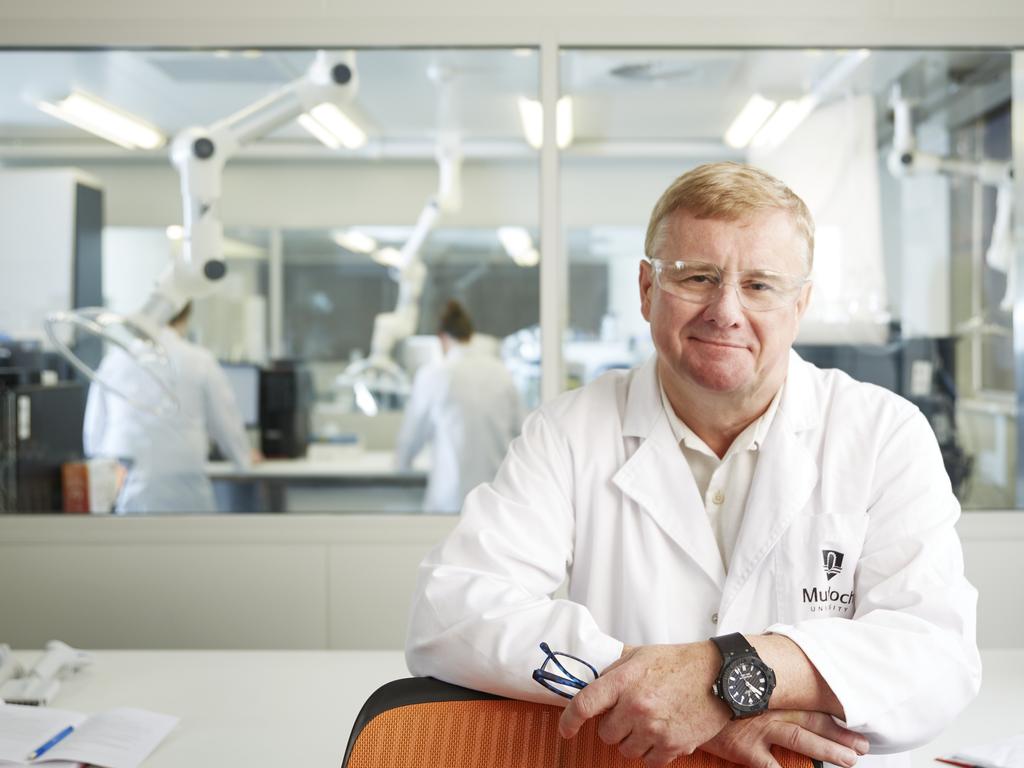Coronavirus Australia: Western Australia forms COVID-19 response team for critical virus questions
Why do some people die while others experience no symptoms at all? Aussie researchers are on a quest to find out.
It’s one of the most critical questions of the COVID-19 pandemic – why is the disease fatal for some, while others are completely asymptomatic?
Now Western Australian researchers have launched an unprecedented effort to understand the “molecular fingerprint” of the virus and determine why some people are more susceptible to it than others.
Professor Jeremy Nicholson, who runs Australia’s National Phenome Centre (ANPC) based in Perth, said it was one of the most pressing questions about the disease that has killed more than 166,000 people around the world.
“Why is there a symptom range from virtually nothing to death, with all the symptoms in between? That’s quite unusual for a disease,” he said.
RELATED: Follow the latest virus news here
RELATED: This week’s most googled virus question
While initial reports out of China suggested mainly older people with respiratory conditions were killed by the virus, young, fit and seemingly healthy people have also suffered severe cases including death.
“What has emerged in Europe and Canada is that it is actually affecting younger people and people that are physically fit. Why? Wouldn’t it be nice if you could predict which people are going to have serious effects? If you knew who those patients were earlier, then you can manage their resources better and help maximise the efficiency of whatever resource you have,” Prof Nicholson said.

So far more than 2.4 million people have been infected with coronavirus around the world, including more than 6600 in Australia where 71 people have died.
The economic consequence of the “Great Lockdown” is likely to be the worst since the Great Depression, the International Monetary Fund has warned, with global growth expected to contract by 3 per cent this year.
The crisis has led Western Australia’s healthcare providers, including Perth’s three main hospitals, to join forces in a statewide COVID-19 response team that will use some of the world’s most advanced research facilities to study the virus.
RELATED: Australia’s change at eliminating virus
Prof Nicholson, who is an emeritus professor at Imperial College in London, said he had dedicated 20 staff at the ANPC to work full time on the disease for the next year. The centre is interested in the intersection of genetic and lifestyle factors and aims to map why some people experience a more severe version than others.
He said COVID-19 was unique in that “people can wander around feeling just fine and spreading it around. It makes it much more insidious disease and much more threatening.”
“The other thing that makes this a very unusual situation entirely is the coupling of the disease outbreak to the economics. There’s never been a disease outbreak with such economic implications in such a short space of time. The world will never be the same again,” Prof Nicholson said.


The team has already begun taking blood and urine samples from patients and wants to study frontline healthcare workers who are likely to contract the virus, which could help chart the “natural history of the disease from health into sickness”.
While research is still be undertaken, Prof Nicholson said exposure to other coronaviruses such as common colds or flu, as well as a person’s gut microbiome – the unique collection of microbes including fungi, viruses and bacteria in a person’s gut – could play a role in how they experience the disease. The aim is to build up a picture of who might be more severely affected and what treatments might prove most effective, which could help with resource deployment in the long term.
“If you knew who those patients were (that required intensive care) earlier, then you can manage resources better and help maximise the efficiency of whatever resource you have” Prof Nicholson said, adding the information may also determine courses of treatment.

Already 2000 frontline healthcare workers are taking part in a research trial in which half of them will receive the existing BCG vaccine for tuberculosis, as it’s hoped that might reduce the chance of contracting coronavirus and lessen the symptoms.
University of Western Australia chair of vascular surgery, Professor Toby Richards, said Western Australia was the ideal place to produce such research as its demographics matched the rest of the country and could be scaled up.
He said the state had managed to bring its outbreak under control to buy critical time, allowing the team to design effective clinical trials rather than being “swamped by numbers” as is happening in some of the leading hospitals in the UK and Europe.
“If the storm comes here it does mean that the Australian patients help the doctors help the patients – this is a two-way thing,” Prof Richards said. “We’ve been very lucky in WA because we are behind the storm and we have flattened the curve.
“At a time when we have no treatment and no therapy for patients … it’s really important that doctors and patients work together here. The only way out of this is to find an answer, and to find an answer you need to do research.”
To his mind, the most critical question is how to identify those who may have antibodies to the disease that will “probably determine what’s going to happen in the next couple of years”.
At present, there is doubt around the reliability of antibody tests and whether having contracted the virus provides immunity. Several countries have research trials under way, and the race is on to find a vaccine with expectations countries could cycle through periods of lockdown until a reliable vaccine is found and manufactured at scale.
Prof Nicholson said there were “no guarantees” as to how the result would play out with an unknown virus and it was “daunting” to be working on a project as the crisis unfolds.
“This disease is full of surprises. I think given our range of technology and the way we model these things clinically we might fail, but we’ve got a fighting chance. It’s an extraordinary mixture of biology, political unpreparedness and human nature. We as scientists can only offer an Elastoplast across great big wounds,” he said.
“There’s no guarantee of anything but we will give it one hell of a shot.”




